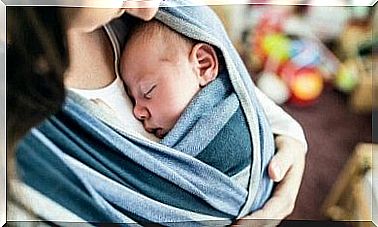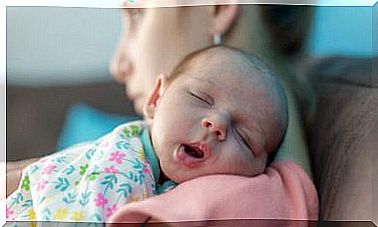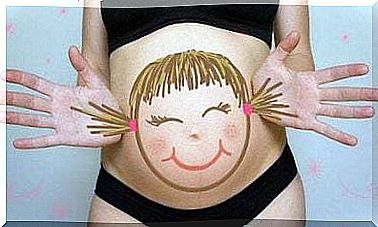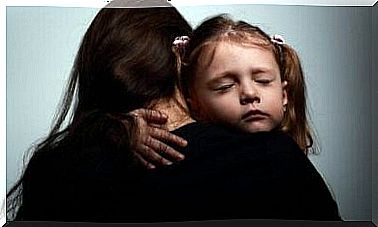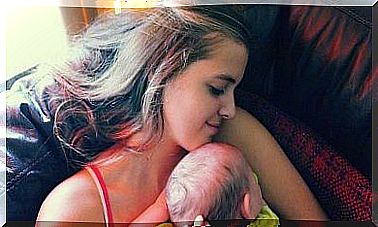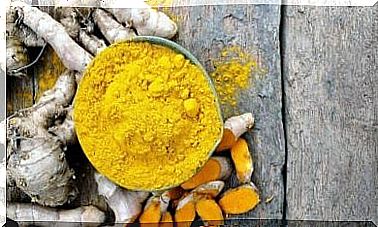Breastfeeding Reduces The Pain Of Caesarean Delivery
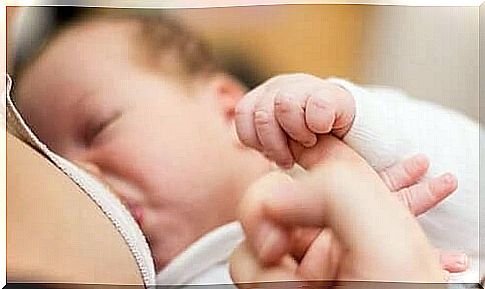
It is now known that breastfeeding provides the baby with breast milk which is the most important and complete food source during the first months of life. But many are unaware that breastfeeding also reduces the pain of cesarean delivery.
The effects of breastfeeding on the pain of caesarean delivery that some moms experience after giving birth are poorly understood. Statistics reveal that cesarean delivery is increasingly used. Approximately 25% of all births in the UK, US and Canada occur via caesarean section.
At least one in five mothers gives birth this way and suffers from chronic pain for three or more months. However, a recent study revealed that breastfeeding can be an antidote to this pain.
How did you come to the conclusion that breastfeeding reduces the pain of cesarean delivery?
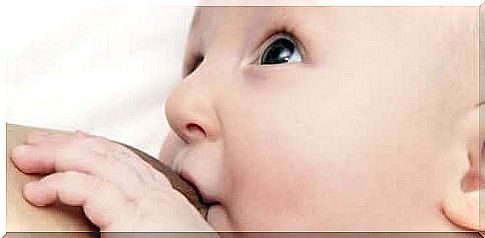
The results obtained after a study by Dr Carmen Alicia Vargas Berenjeno and her colleagues from the Nuestra Señora de Valme University Hospital in Seville are clear. The study involved 185 mothers who had undergone a Caesarean section in the Sevillian hospital between January 2015 and December 2016.
The study authors asked the mothers what their way of breastfeeding was and the level of chronic pain they had in the first 24/72 days after cesarean delivery. Later, they asked the mothers the same question four months after giving birth.
According to the research team, 87% of respondents have breastfed their babies, but only 58% said they have been breastfeeding for two months or more.
The results showed that 23% of mothers who nursed their babies for two months or less suffered from chronic pain even four months after the operation. The same cannot be said for mothers who have breastfed for a longer period. Only 8% of mothers who breastfed for a period of two or more months reported having chronic pain.
Breastfeeding for longer decreases the pain of cesarean delivery
The results showed that mothers who breastfeed their babies for at least two months after the operation were three times less likely to suffer from persistent pain.
In this regard, researcher Carmen Vargas wrote: “These results suggest that breastfeeding for more than two months protects against chronic pain after a cesarean delivery. Furthermore, the risk of chronic pain triples if breastfeeding occurs for only two months or less ”.
The team of experts, following the research findings, raised other compelling reasons to encourage women to breastfeed.
Based on research data, it was concluded that college-educated women were less likely to have chronic pain than low-educated women.
Additionally, 54% of breastfeeding mothers reported experiencing anxiety. It should be noted that although this study did not want to demonstrate causal relationships, the researchers said it is possible that experiencing anxiety while breastfeeding could increase the chance of suffering from chronic pain.
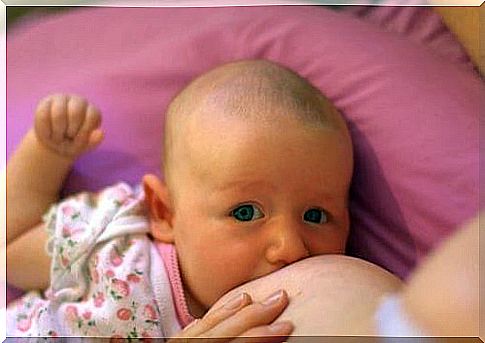
Breastfeeding against endometrial cancer
Research conducted in Australia confirms that breastfeeding promotes mother’s health. It protects her not only from chronic pain due to cesarean delivery, but also from the risk of endometrial cancer.
Another study, conducted at the Berghofer QIMR Medical Research Institute in Brisbane, Australia, finds that breastfeeding for six months can reduce the risk of endometrial cancer.
Experts analyzed studies conducted in the United States, Canada, Europe, China and Austria. In addition, they studied the factors that can influence the risk of this type of cancer.
Among them they analyzed age, race, education, oral contraceptive use, stage of menopause, date of last pregnancy and body mass index. Scientists observed that women who were breastfeeding had greater protection against this type of cancer.
The researchers stated that: “The findings are not only relevant to women who decide to breastfeed, but also to make society understand the benefits of breastfeeding for relatively long periods of time. However, given that it is not always possible to breastfeed, it does not mean that those who cannot breastfeed must necessarily develop this type of cancer ”.
